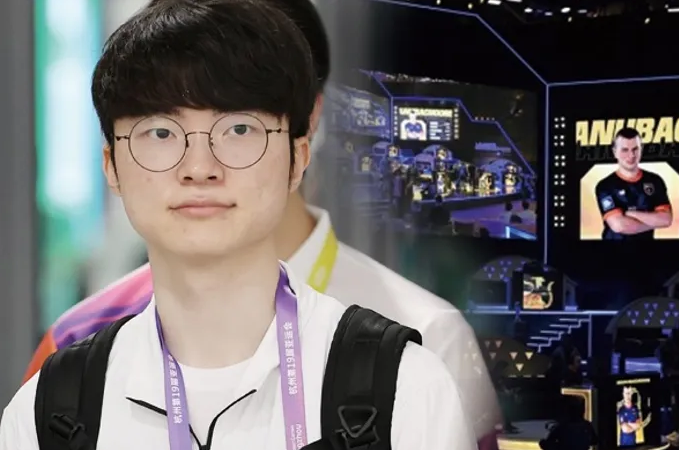Discover the origins and evolution of e스포츠, the captivating world of competitive video gaming. Explore its incredible growth, massive tournaments, and dedicated fanbase.
Contents
Introduction
In the 21st century, electronic sports, or e스포츠, have taken the world by storm. With millions of enthusiastic fans and players across the globe, e스포츠 has transformed into a cultural phenomenon. This article delves deep into the history and evolution of e스포츠, tracing its roots to the present day. Join us on a journey through the exciting world of competitive video gaming.
e스포츠: The Genesis
e스포츠, short for electronic sports, refers to competitive video gaming, where individuals or teams compete against each other in various video game titles. The concept of organized video game competitions may seem like a recent development, but its origins can be traced back to the late 20th century.

The Pioneering Years
The earliest inklings of e스포츠 can be found in the late 1970s and 1980s when arcade gaming was at its peak. Gamers would gather at arcades to compete for high scores, recognition, and sometimes, modest prizes. Titles like Pac-Man, Space Invaders, and Donkey Kong were among the favorites in these informal competitions.
The Emergence of LAN Parties
The 1990s saw the emergence of LAN (Local Area Network) parties, where gamers would bring their computers to a designated location to connect and play together. Games like Doom and Quake became the centerpieces of these events, showcasing the potential for competitive multiplayer gaming.
The Birth of Professional Gaming Leagues
As the new millennium dawned, the first professional gaming leagues were established. South Korea, in particular, played a pivotal role in popularizing e스포츠. The Korean e스포츠 Association (KeSPA) was founded in 2000, leading to the professionalization of gaming in the country. Games like StarCraft and Warcraft III gained immense popularity, and players became celebrities, earning substantial incomes.
e스포츠 Today: A Global Phenomenon
Fast forward to the present day, and e스포츠 has evolved into a global phenomenon that rivals traditional sports in terms of viewership, revenue, and fan engagement.
The eSports Ecosystem
The e스포츠 ecosystem consists of various components, including professional players, teams, organizations, sponsors, and fans. Major tournaments like The International (Dota 2) and the League of Legends World Championship offer multi-million-dollar prize pools, attracting top-tier talent from around the world.
Worldwide Recognition
e스포츠 have gained recognition as legitimate sports, with some countries granting athlete visas to professional gamers. The International Olympic Committee (IOC) has even acknowledged e스포츠 as a sport, further solidifying its status.
Enthusiastic Fanbase
Millions of dedicated fans tune in to watch e스포츠 tournaments, either in person or via livestreams. The passionate fanbase contributes to the vibrant e스포츠 community, with fan clubs, merchandise, and fan-generated content.
Conclusion
e스포츠, or electronic sports, have come a long way from their humble beginnings. What started as friendly competitions at arcades has evolved into a global phenomenon with massive tournaments, dedicated players, and passionate fans. As e스포츠 continue to grow, they bridge the gap between traditional sports and the digital age, captivating audiences worldwide.


